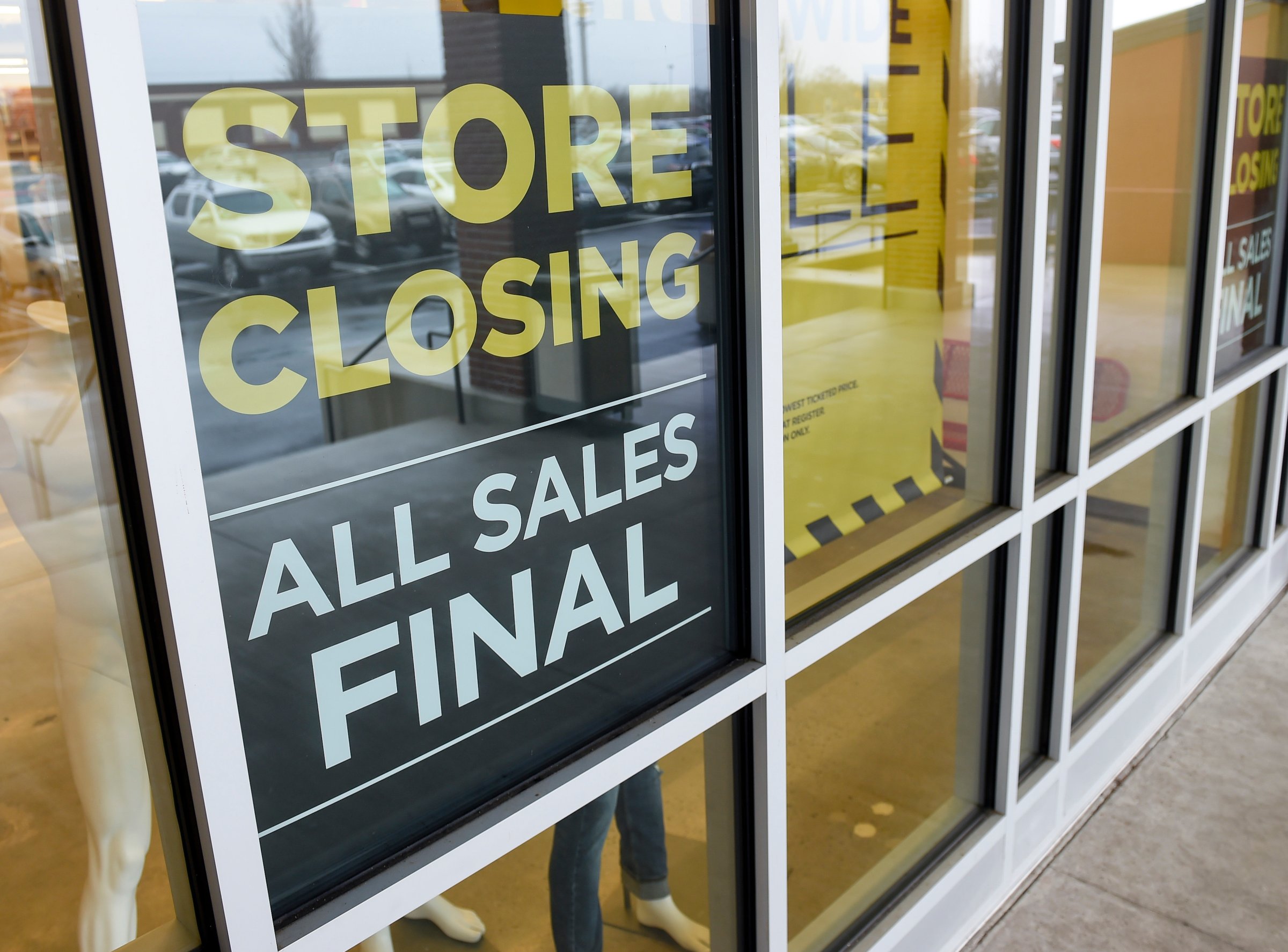
An unexpected jump in new jobless claims the week of Jan. 15 dredged up the kind of bad news that economists fretted had been lurking under the surface of an improving economic picture: The speedy spread of the omicron variant hobbled businesses small and large alike, as mom-and-pop restaurants have been relegated to shutting their doors, big retailers like Macy’s have pared back their hours and hospitals in some hard-hit counties have hit pause on elective procedures to conserve scarce human resources for COVID-stricken patients.
To be sure, such weekly fluctuations are what economists call “noisy”—and they caution about extrapolating too broadly from a single data snapshot.
“I’m not necessarily alarmed,” Ken Kim, senior economist at KPMG LLP, said about the 286,000 seasonally adjusted initial claims for unemployment insurance — a jump of 55,000 over the previous week and above Wall Street’s expectations of 225,000.
As has been typical with pandemic predictions, the looming question is one of duration: “Certainly, if it continues to escalate in the weeks ahead, that might cause the need for some kind of action,” Kim said.
While not nearly as severe as the sweeping shutdown the country undertook nearly two years ago, the fast-replicating omicron variant—which went from being unknown to the dominant strain in Europe, the U.K. and then the U.S. in an epidemiological eyeblink—has given many Americans a wearied sense of déjà vu: Long lines for testing, frequent closures of daycare and schools, debate over which masks (and how many) should be worn to achieve the greatest degree of protection against an invisible enemy.
Read More: 4 Charts That Explain the U.S.’s 2021 Economic Rollercoaster
Unlike two years ago, when a bipartisan sense of urgency drove lawmakers to sign off on trillions of dollars in economic aid, families and enterprises—especially small businesses—have largely had to fend for themselves this time around.
“Many small businesses are seeing the impact of reduced consumer confidence again as the surges roll though,” said Sarah Crozier, communications director for Main Street Alliance, a small-business advocacy group.
“Consumer behavior is changing, particularly during the wintertime,” she said, adding that in-person service-sector businesses like restaurants, gyms, salons and live entertainment venues are at the greatest financial risk as people once again are avoiding gathering with strangers in indoor spaces.
According to a new survey from the National Federation of Independent Business, a small-business trade group, more than one-third of the small businesses that report staffing shortages as a result of omicron say that they have lost a “moderate” or “significant” amount of sales opportunities as a result. “It’s certainly impacting revenue for many of them,” said Holly Wade, executive director of the NFIB Research Center.
Read More: How the New COVID-19 Pandemic Relief Bill Stacks Up to Other Countries’ Economic Responses
Wade suggested that the rapid pace of the omicron surge could mean that small businesses see a light at the end of the tunnel soon, but she stressed that many are running on fumes after nearly two years of profound disruption. “Hopefully, this is a very short-lived added stress, but a few months of added stress on top of what they’ve already experienced over the last two years is a challenge, certainly,” she said.
The speed with which omicron has torn through the U.S. also means lawmakers would likely be unable to coordinate any additional federal stimulus in time to make a difference; even if Washington weren’t polarized into a state of inaction, said Mark Zandi, chief economist at Moody’s Analytics.
“It would be very difficult, if not impossible, for lawmakers to pass a piece of legislation providing support for small businesses quickly enough to make a difference,” he said.
Experts say the lack of an administrative infrastructure for the delivery of federal aid today is the direct result of how Congress responded back in 2020—and lawmakers’ inability to conceive of the pandemic as a social and economic inflection point rather than a short-term emergency. “Early in the crisis, we very much advocated for direct payroll subsidies,” Crozier said. “Many of the European countries went that route. We did not.”
Read More: Yellen Expects High Inflation Through Mid-2022 Before Easing
Instead, Congress implemented the Payroll Protection Program and beefed up unemployment insurance benefits. While these programs kept millions of individuals and families solvent, they were less effective at preserving jobs and businesses, especially when it became clear that the pandemic was not going to be a crisis brought under control in weeks—or even months.
“The PPP was designed to incent businesses to hold onto their workers,” Zandi said, calling it “very effective” in the short term. “We let the PPP expire,” he said. “I think that’s the mistake we made.”
The differences in political approaches go beyond semantics, Zandi said. The labor market distortions the American economy has undergone over the past two years have contributed to the inflationary pressures currently bedeviling policymakers and American shoppers alike.
“One of the reasons why we have an inflation problem is people got laid off during the pandemic and didn’t come back quickly, so businesses have had to offer very significant pay increases,” he said. By comparison, countries like Germany and Japan didn’t see jobs disappearing to nearly the same extent. “They haven’t had the same problems getting workers back to work,” he said.
And with price gains notching 40-year highs, policymakers have been reluctant to add more fuel to the inflationary fire, even as small-business losses mount. “If there are additional stimulative measures,” KPMG’s Kim said, “It would be more additive to inflation.”
More Must-Reads from TIME
- Inside Elon Musk’s War on Washington
- Meet the 2025 Women of the Year
- The Harsh Truth About Disability Inclusion
- Why Do More Young Adults Have Cancer?
- Colman Domingo Leads With Radical Love
- How to Get Better at Doing Things Alone
- Cecily Strong on Goober the Clown
- Column: The Rise of America’s Broligarchy
Contact us at letters@time.com